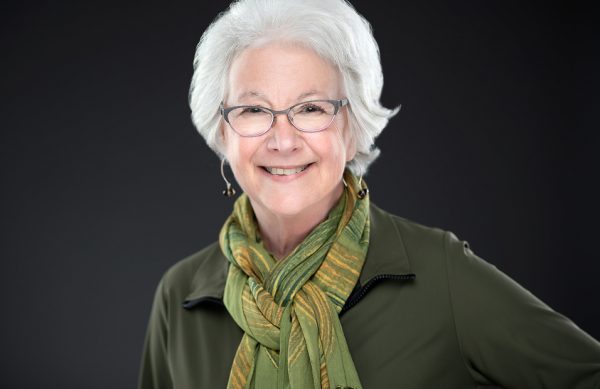Friday Night Film Series Presents ‘Lo Spazio Bianco’
Last Friday evening, the department of romance languages and literature cosponsored the Friday Night Film series to screen the Italian film “Lo Spazio Bianco” (The White Space) in Golden Auditorium. The film, directed by Francesca Comencini and released in 2009, won the Francesco Pasinetti Award for Best Film and Best Actress (Margherita Buy) at the 66th Venice Film Festival. The protagonist of the film, Maria, a 40-year-old adult education teacher, faces an unexpected pregnancy and a premature birth, and the majority of the film depicts her anxious wait to see whether her child will survive.
The film was also a part of the course syllabus for Monica Facchini, associate professor of Italian and film and media studies. Her course, “From the Page to the Screen (and Vice-Versa),” had students read a novel and watch a film adaptation of it, analyzing the two using theories of their respective media forms. “Lo Spazio Bianco” was adapted from Valeria Parrella’s book of the same title.
“[It is] a very introspective book … [where] nothing really happens – in some way, the readers find themselves waiting along with Maria and her thoughts,” Facchini explained.
Comencini’s film is also largely about waiting, and how Maria is able to pass the time while waiting for her child to be able to come home. Such a film makes the audience join its character in the waiting experience, and the film succeeded in making viewers feel Maria’s tension and anxiety at her circumstances.
Junior Ana Jonke said, “[The film’s ending] made me really nervous, but it was a good film. Although it’s a topic that might not be relatable to everyone, the director makes it easy to relate to.”
Directed by a female director and adapted from a novel by a female author, “Lo Spazio Bianco” is very much a women-oriented film. Male characters have ephemeral roles, coming in and out of Maria’s life; her most meaningful relationships are those she forges with the other women at the neonatal ward.
Senior Ría Chávez said, “It’s a story of motherhood that we don’t often see on the big screen. I appreciated how the film was centered around women and their solidarity with one another.”
“[Comencini] is interested in unveiling the societal obstacles of a single mother,” Facchini said.
Larger critiques of society are also prominent in the film — in one scene, doctors are unable to attend to Maria’s child after police storm the hospital due to an illegal “late abortion.” Maria must go through the paperwork and bureaucracy of having an “illegitimate child,” and the only people allowed to visit her newborn daughter while she is in the neonatal ward are her legitimate (i.e. biological) parents. In a supposedly tolerant and liberal society, Maria is still subject to numerous obstacles merely because of her status as a single mother.
The title, “Lo Spazio Bianco” (The White Space), has a number of different interpretations, and Comencini uses the language of cinema to indicate that it is more than just a title, but an important concept within the film. There are several shots that fade to white, including one preceding the film’s climactic final scene. There is also the overwhelming whiteness and sterility of the neonatal ward, where Maria spends much of the film accompanying her incubated child. There are also more abstract and philosophical implications of white space — it is an emptiness, a space waiting to be filled, that signifies the uncertainty of Maria and her daughter Irene’s future. The white or blank space is also literal for one of Maria’s students, to whom she recommends adding a “blank space” between two paragraphs in his final Italian exam.
“In some ways, it is that hollow space, that suspended time and even loss of oneself that precedes a new beginning,” said Facchini.
Comencini’s film depicts a reality that is often uncertain and full of obstacles, but one that is ultimately humanistic and celebratory of women and the bond between mothers and children. Despite its specific story, the idea of blank space is a universal one. The film reminds us of the joy and possibilities that can come out of the times when we are feeling the most empty.



